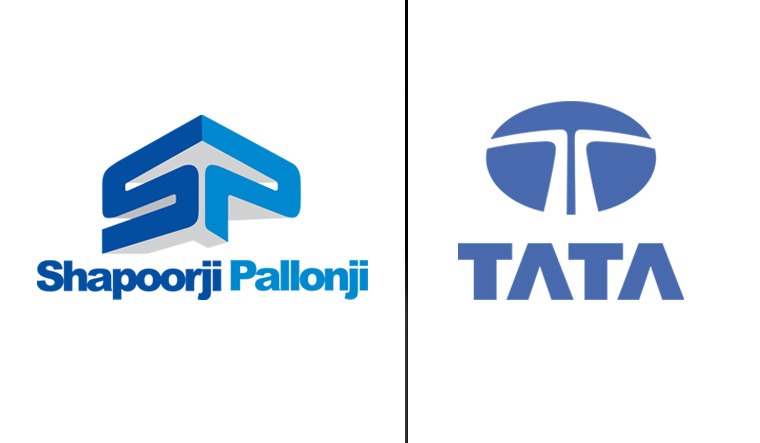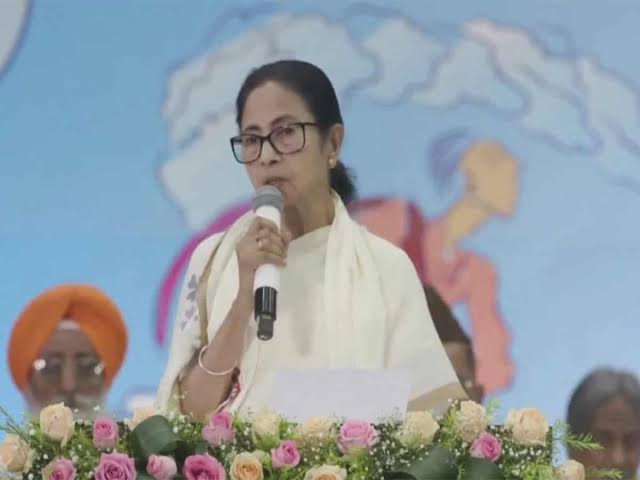
Follow WOWNEWS 24x7 on:

In a decisive move that could reshape the contours of India’s corporate governance, Tata Trusts has formally urged Tata Sons to remain a private unlisted company and initiate talks to facilitate the exit of its minority shareholder, the Shapoorji Pallonji (SP) Group. The resolution, passed during a high-stakes board meeting, signals a strategic pivot aimed at safeguarding the Tata Group’s legacy, governance structure, and financial autonomy.
Key developments from the Trusts’ resolution
1. Tata Sons to stay private
- Tata Trusts, which holds a controlling 66 percent stake in Tata Sons, has directed the chairman to explore all avenues to maintain the company’s status as an unlisted private entity
- The resolution emphasizes engagement with the Reserve Bank of India to ensure compliance and continuity of this status
- This move comes amid regulatory pressure following Tata Sons’ classification as an upper-layer NBFC, which mandates public listing by September 2025
2. SP Group’s exit on the table
- The Trusts have greenlit discussions with the SP Group to provide an exit route from Tata Sons
- SP Group holds an 18.37 percent stake, which it has pledged to raise funds for debt servicing
- The exit talks mark a shift from previous tensions, especially after the ouster of Cyrus Mistry as chairman in 2022
3. Governance and legal complexities
- Tata Sons’ Articles of Association restrict the transfer of shares, complicating SP Group’s efforts to refinance its debt using pledged shares
- Lenders must offer the first right of refusal to Tata Sons if the pledged shares are invoked
- Tata Trusts remains firm that any transfer of shares must align with governance norms and protect the company’s strategic interests
4. Financial backdrop and implications
- SP Group is under pressure to repay over Rs 22,000 crore in debt by March 2025
- The group has previously raised funds through pledges and IPOs, including Rs 8,400 crore via Afcons Infrastructure
- Tata Sons reported Rs 5.92 lakh crore in revenue in FY25, with a net profit of Rs 28,898 crore—a 17 percent decline from the previous year
5. Leadership continuity
- The Trusts also approved the renewal of N Chandrasekaran’s term as chairman of Tata Sons beyond February 2027
- His continued leadership is seen as critical as Tata Sons ramps up investments in emerging sectors such as digital, electronics, defence, and aviation
- The group has committed Rs 30,000 crore to new businesses, adding to the $120 billion already invested in recent years
6. Strategic and symbolic significance
- The resolution reflects Tata Trusts’ intent to preserve the ethos of the Tata Group—private, purpose-driven, and insulated from market volatility
- It also underscores the importance of resolving legacy shareholder disputes to ensure long-term stability
- A potential buyout of SP Group’s stake could redefine shareholder dynamics and set a precedent for minority exits in private conglomerates
Looking ahead
The Tata-SP saga is more than a corporate tug-of-war—it’s a litmus test for shareholder rights, governance resilience, and strategic foresight. As Tata Sons navigates regulatory expectations and internal realignments, the outcome of these exit talks could shape the future of India’s most storied business house. Whether through negotiation or legal recourse, the resolution of this conflict will echo across boardrooms and balance sheets alike.
Sources: Economic Times, Moneycontrol, News18, ET Now, Outlook Business




